Malta MPRP Program – Is it Worth It – that will be the topic of today’s article.
Before introducing this article, if you are interested in our core services which are expat financial, insurance and mortgages, you can contact me here.
The best time to consider your financial situation is when you are moving to a new country.
Introduction
Have you ever thought of moving to a country in Europe but everywhere seems challenging? Well, maybe it’s time to check out for Malta. The truth is, if you enjoy the idea of living on an island by the Mediterranean Sea while also cherishing an aesthetically pleasing nightlife, Malta is simply the best.
Trust me; when I say living in Malta, your main issue will be selecting sunbathing all day long or taking your time by exploring this jaw-dropping city and its hidden germs. Are you ready to embark on a new journey or adventure with us? If your answer sounds like a yes, you need to fasten your seatbelt and let us give you an ultimate guide to your next destination.
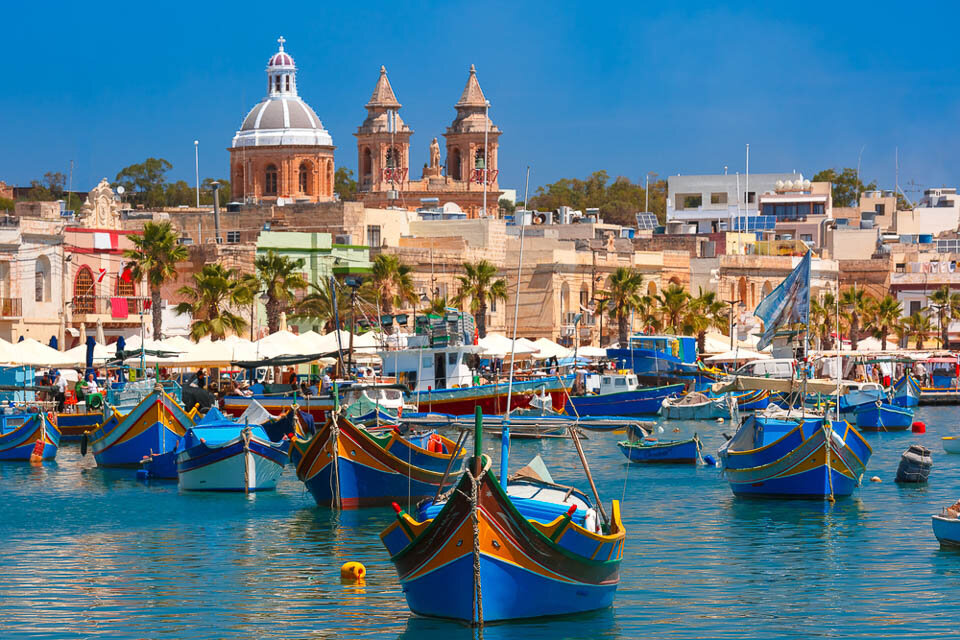
Researching the costs of living in Malta isn’t the first thing to do. Instead, understand what it takes to become Malta’s permanent resident. And have you ever thought of asking; why Malta and not other European countries? Well, Malta is an island, as said earlier, and it lies close to neighboring Italy, Tunisia, and Libya.
With a population of around 500,000, this country has the smallest capital city in European Union. Well, don’t let the size fool you because Malta has a rich culture, political, and economic stability compared to other European countries. In fact, we can tell you that Malta is the only state in the Schengen area to maintain good economic growth consistently.
Have you been surfing the internet to know more about the Malta MPRP program? Do you want to know whether this program is worth it? If you’re looking to find a suitable answer, look no further. This is because; you’ve landed on the right platform, and we’re keen to walk you through the whole process.
Moving to Malta as an Expat in 2021
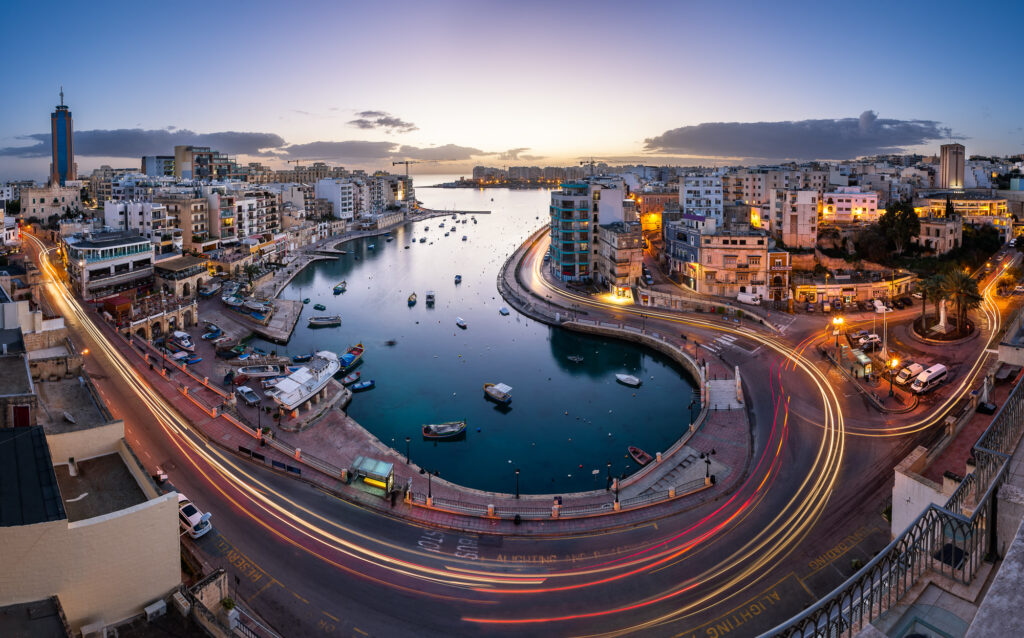
Before we dive into Malta’s residence program today, there are certain terms and caveats you should understand. At a glance, this picture-perfect rocky island is a comfortable and relatively hassle-free spot to work, explore, and live. In a nutshell, let’s quickly walk you through some interesting facts.
Public Transport System
Malta is no doubt a small country. In fact, it relies on buses for public transport. Not only is that, but according to research, the island’s fleet in this country was replaced in recent years and still today has services to get you all the spots you want to explore. Of course, that’s not to say they are regular or super-fast.
While planning to relocate to this country, you must prepare to sit back and take in the scenery as your bus meanders along twisting roads and make multiple stopovers. On the flip side, you can pick up the Tallinja card to take advantage of about 0.75c journeys, capped at 26 Euros a month, while a major discount might occur in the long run.
Driving Experience
One thing you need to know is that there are lots of cars in Malta. Therefore, if you’re going to brave the roads, you need to stay focused. Besides, there’s a bit of an extreme sport in Malta. This way, drivers can be reticent to indicate or give way, and traffic jams commonly block the narrow between towns.
However, for most nationalists, your foreign driver’s license will be fine for up to a year, and expats from European Union, Australia, and Switzerland can swap over to a Maltese license. So, this contributes to one of the reasons why Malta should be your next destination.
Malta Free Healthcare
Malta’s free public healthcare system was modeled on the UK’s NHS, and working expats can join. This process will be active once you’re issued with a social security number and residence card in the country.
Although you’ll definitely see private healthcare in Malta but there might be queues at the clinics because they are generally inexpensive. But, we’d advise you to get private medical insurance if you’re just visiting the country for the first time. This might cover your bills and health-related problems.
Maltese are Multilingual
One thing you’ll always see locals proud about this country is because they are a multilingual nation. While the national language of Maltese islands is Maltese, the majority of the locals are multilingual. They speak the English language, and you can even see many Maltese communicating in Italian fluently.
Moreover, in recent research, we discover that over 88 percent of the population can speak English fluently while about 66 percent can speak Italian. With this fraction, it eliminates most language and communication barriers for foreigners visiting or moving to Malta for the first time.
Malta is Sunny all tear Round
Expect a sunny day while living in this country. Being surrounded by the sea, Malta experiences a climate of very mild winters and hot, dry summers. Not only is that, but Malta enjoys 3,000 hours of sunshine per year, which is one of the highest in Europe.
Meanwhile, the summer season is said to last for about eight months, from mid-April up until November. Additionally, you’ll never get too far from the sea. Therefore, if you fancy a spontaneous swim or dive in the clear blue Mediterranean Sea during the day, then you’ve never gone too far.
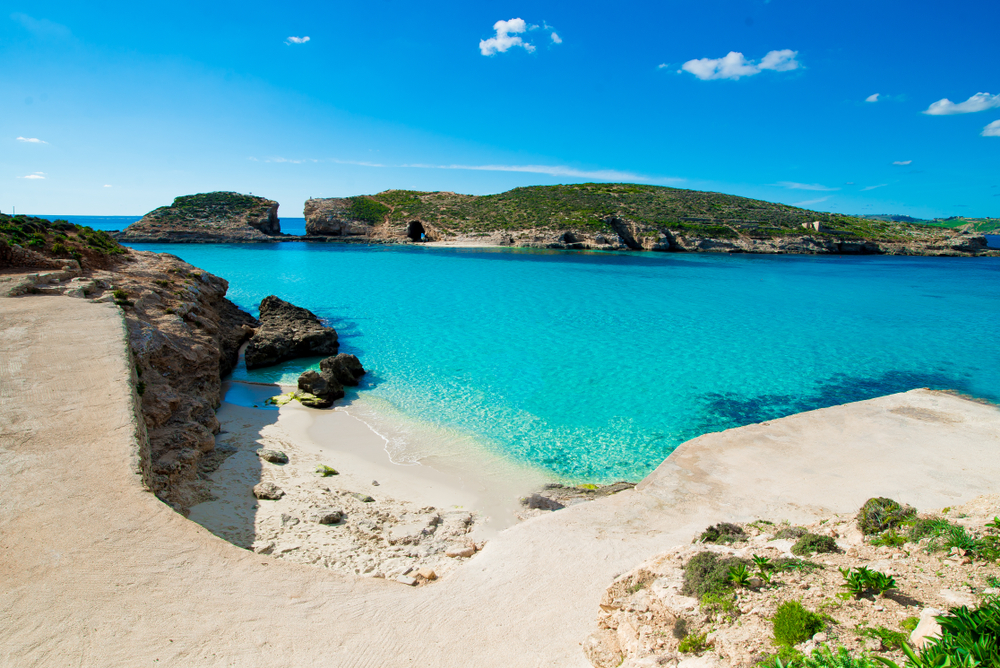
Rich and Dynamic Cultures
Malta is one of the countries in Europe with a unique cultural background, folkways, and heritage. Due to its strategic position in the Mediterranean Sea, it is known to have a rich and interesting history. And this is a result of the succession of powers throughout the years, including the Phoenicians, Arabs, Normans, Knights of St. John, British, Arab, and many others, to mention a few.
Aside from this fact, you can experience a bit of Malta’s history and culture as an expat. Some of these include; the fortifications in the three cities, the Neolithic temple – including some of the oldest free-standing structures in the country, and the 359 churches scattered around the islands.
Celebration of Festas
Another thing you’ll like about living in this country is to experience the Festas celebration. Undoubtedly, the Maltese know how to celebrate, and their celebration is based on the many fiestas that take place throughout the country yearly.
Most festas celebrations are held between May and September, where each village celebrates its patron saint by putting on a spectacular fireworks show. This process is done while marching bands play music, and a statue of the patron saint is carried around the colorful, decorated village streets.
5 Main Paths to Get Residence Permit in Malta
Have you ever thought of becoming a citizen of Malta, or do you plan to stay in this country for a long period of time? Well, there are many paths to getting a permanent residence permit in the country. Moreover, many wealthy non-Europeans would love to become a resident in Europe for various reasons like tax residency, traveling to Schengen countries visa-free, moving the whole family to a developed European country, and many others, to mention a few.
Regardless of these reasons, getting a residence permit in Europe can make you achieve these stated goals. But, only a few European citizens can achieve these goals and solves these problems. Well, Malta is among the few countries that could make your dream come to reality. Without further ado, check it out.
1. Malta Residency for Investors and Entrepreneurs
One of the fastest ways to apply for a residence permit in Malta is to participate in the state migration program for wealthy foreigners. This program is known as the Malta Global Residence Program, and it allows children under 25 years old, parents, and grandparents without any age restrictions to participate. To take part in this global program, an investor must fill the following four conditions.
- Rent a home in Malta for at least 8,800 Euros to 9,800 Euros. Of course, the amount depends on the region selected, but the rent is lower on the island of Gozo and in the south of Malta
- Paying an administration fees of about 5,500 Euros to 6,000 Euros, depending on the region the property you want to buy is located
- Obtain health insurance for all family members participating in the program in Malta
- Pay the minimum income of at least 15,000 Euros
Furthermore, the residence permit holders are required to maintain their permits over time. This may include; paying an annual income tax of 15 percent on income earned outside Malta and many others, to mention a few.
2. Malta Residence Permit for Employment
Malta residence permit for employment is another thing to put into consideration. Although it might seem difficult to find an employer in Malta who will offer you a long-term contract, we can tell you that highly qualified specialists in IT, pharmaceuticals, and financial services are in demand.
Besides, many leading international companies are based in Malta. This way, a residence permit for employment could be issued jointly with a work permit. In that case, the residence permit must be renewed annually, and its validity ends at the conclusion of the employment contract. In addition, there are two types of visas for those working in Malta. These include; the regular work visa and the blue card.
3. Residence Permit for Education and Training
Surprisingly, many students can get a permit in Malta. This is because; students at schools and universities in this country are issued a residence permit for the duration of their studies. However, the residence permit is issued under a contract with an educational institution.
Meanwhile, after graduation, these students have to look for a job in Malta in order to renew their residence permit, which will then be linked to their employment contract.
4. Permit for Family Reunification in Malta
Foreigners living in this country can also apply for a residence permit for their close family members. So, once the family members get a Maltese residence permit, they’re eligible to apply for Maltese citizenship five years later.
Meanwhile, the opportunity to obtain a residence permit is given to foreign spouses of Maltese citizens. This way, citizenship can be obtained even quicker, just two years after you get a residence permit.
5. Residence Permit to Run Business in Malta
This happens to be the last one on our list. As of today, there are support programs available for entrepreneurs in this country. Malta has an attractive tax system with lower taxes than in other European countries. In that case, business people from all over the world can register their companies and get a residence permit. Moreover, businesses registered in this country must meet certain requirements.
Malta Permanent Residency Program (MPRP) in 2021
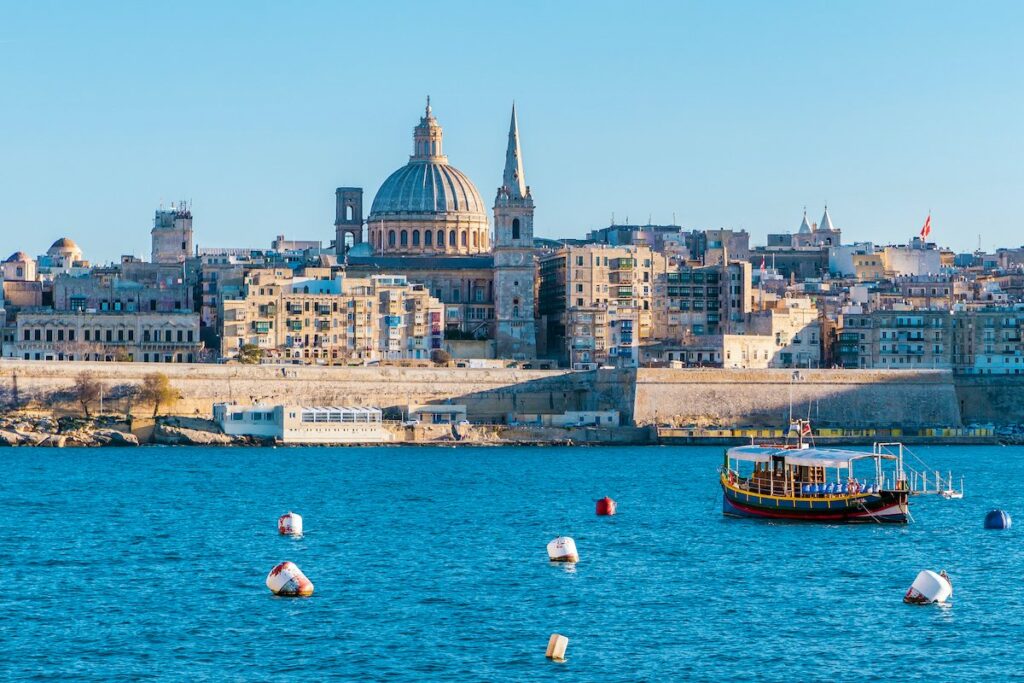
The Malta Permanent Residency program (MPRP) programme launched in 2021 is a program adopted by the government to favor non-EU nationals who invest in the country. Also, this program offers third-country nationals the opportunity to acquire a second residency in Malta which is solely a member state of the EU and part of the Schengen Area.
Additionally, this MPRP is regulated by a robust legal framework, and it allows the main applicant the right to include in the application the parents, children, as well as the spouse. And one more thing to know about this program is that it allows the applicants the right to travel within the twenty-six countries of the Schengen Area without a visa.
Eligibility & Requirements
The Malta permanent residence program is only open to Non-EU Nationals who are in receipt of stable resources to maintain themselves and their family members in the country. While enrolling in this program, the applicant must provide evidence of a clean police record and source of wealth and funds.
In this regard, applicants and their family members must pass a strict four-tier due to diligence test. However, to be eligible for this program, you must provide evidence that you hold at least three hundred and fifty thousand euros in capital and one hundred and fifty thousand euros in financial assets.
Qualifying Family members for MPRP
- Partner or spouse of the main applicant
- Unmarried and economically dependent children of the main spouse or applicant
- Economically dependent parents of the main applicants and the spouse
- Economically dependent grandparents of the main applicant and the
MPRP Requirements
- Individual must be at least 19 years of age and must be a non-EU citizen
- Meeting the qualifying investment requirements
- Hold the property investment for a minimum of at least five years
- Hold the property investment for a minimum of 5 years
- You must have a clean criminal record, as mentioned earlier
- Acquire global health insurance coverage
- Expatriates must be in good health condition and good reputation
- You must be able to provide evidence of the source of funds used for the application
- Expatriates must have sufficient resources to support themselves
- You must be able to provide proof of assets of at least EUR 500,000 with at least EUR 150,000 in financial assets
Processes involved in MPRP
- Preparation and submission of original application documents
- Review of the application by Maltese authorities and conducting of applicants background checks
- You may need to submit proof of health insurance coverage and fulfill the investment requirements
- Complete the biometrics in Malta and application for the permanent residency
- Issuance of the permanent residency certificate as well as the card
- Expected application processing time of six to eight-month
Does MPRP Program in Malta Worth it?
Before we answer the question above, it’s quite essential to highlight the benefits of the Malta permanent residence program. Without further ado, check it out below.
- Opportunity to have permanent residence status in Malta valid for life
- You’ll be given the right to reside indefinitely in the country
- Opportunity to invest in property for the first five years
- You’ll be given visa-free travel within the Schengen Area
- Expatriates will be given the opportunity to include family members in the same application
- You don’t have minimum stay requirements if you apply for the Malta MPRP program
Now, to come back to your question is as simple as what you could think of. From the benefits mentioned above, we can tell you that the Malta MPRP program really worth it. This is because; it gives you an edge to reside in the country without disturbance.
Aside from this fact, the MPRP is unique because it is the only residence program to grant permanent residence immediately in Malta. So, what are you waiting for? And in fact, the MPRP is thus the only European residence by investment program which allows the applicant to rent a property without having to purchase before applying for residency.
Best Places Suitable For Expats in Malta
Most villages in Malta have what you’re looking for as an expat. Also, some villages have a good hospital and a large grocery store. Besides, we can tell you that those villages are generally very densely populated. In a bid to know more about the best places to live as an expat, we have compiled the following.
Valletta
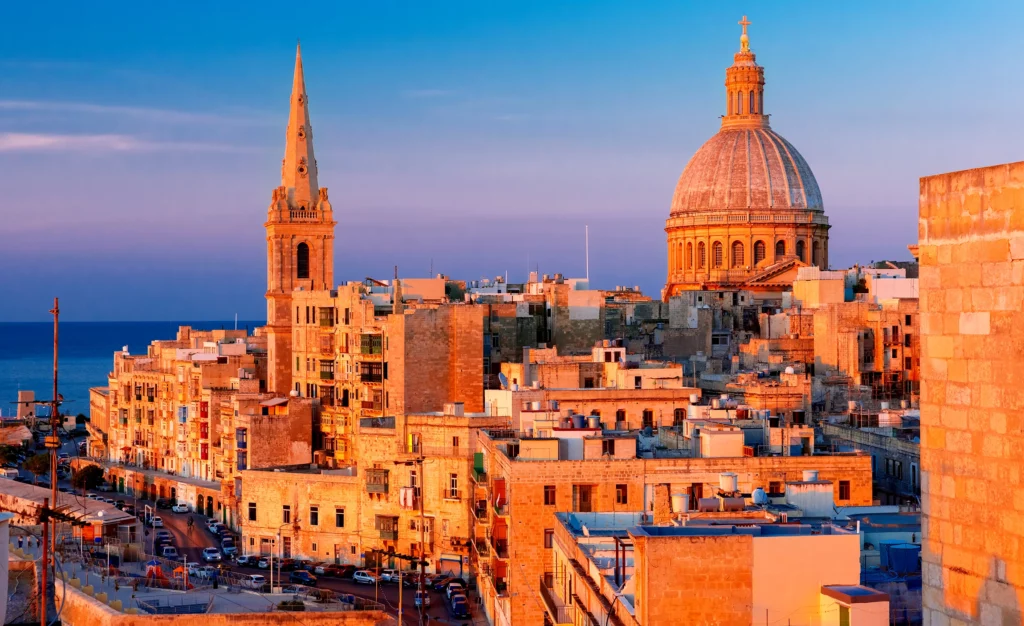
Valletta is one of the smallest capital cities in Europe, as we all know. More so, this place is recognized as the country’s capital, and it’s one of the best places to live in the country. Here, there’s no active nightlife to speak of.
Being a UNESCO World Heritage Site imposes certain obligations and restrictions, after all. Although Valletta is not the most popular choice for expats, but if you’re into culture, history, and arts, you’ll find it all here.
Harbour Area
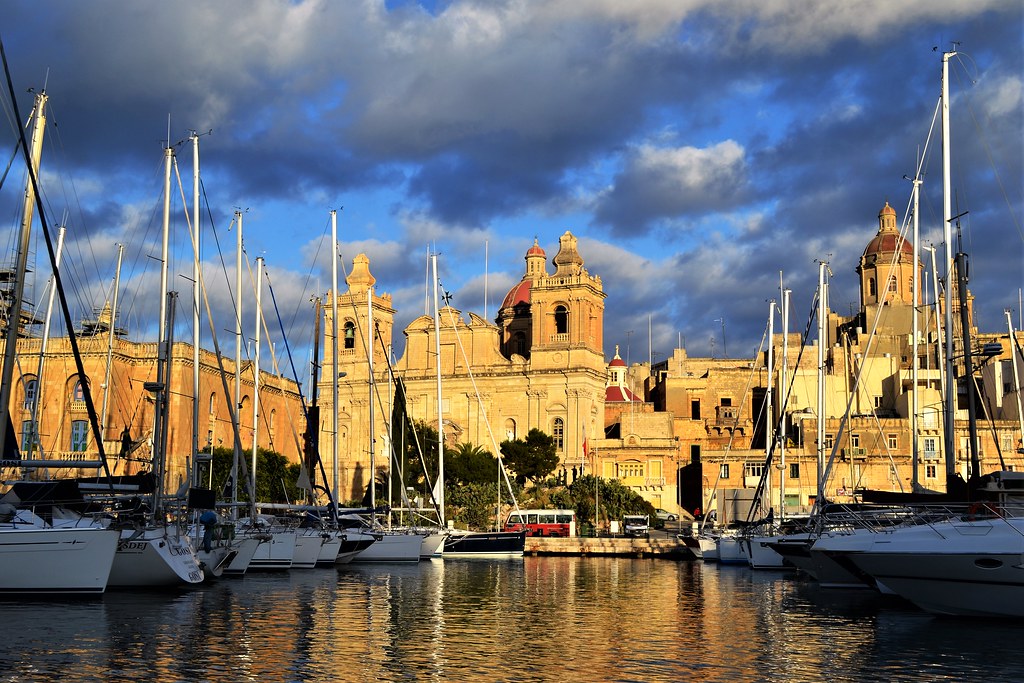
If you’re after a more social life in Malta, then look around the harbor Area to enjoy yourself. This place is also known as Greater Valletta and is situated around the Grand Harbour, which is one of the most fabulous natural harbors in the world.
Aside from this fact, this city (or village) is a very lively and cosmopolitan place to live, full of shops, bars, and cafes. Besides, it is built up, often congested with traffic and busy all year round. If you think this place is too expensive for you to live in, you can look at the opposite end, which is the south side of the Grand Harbour.
Swieqi & Pembroke
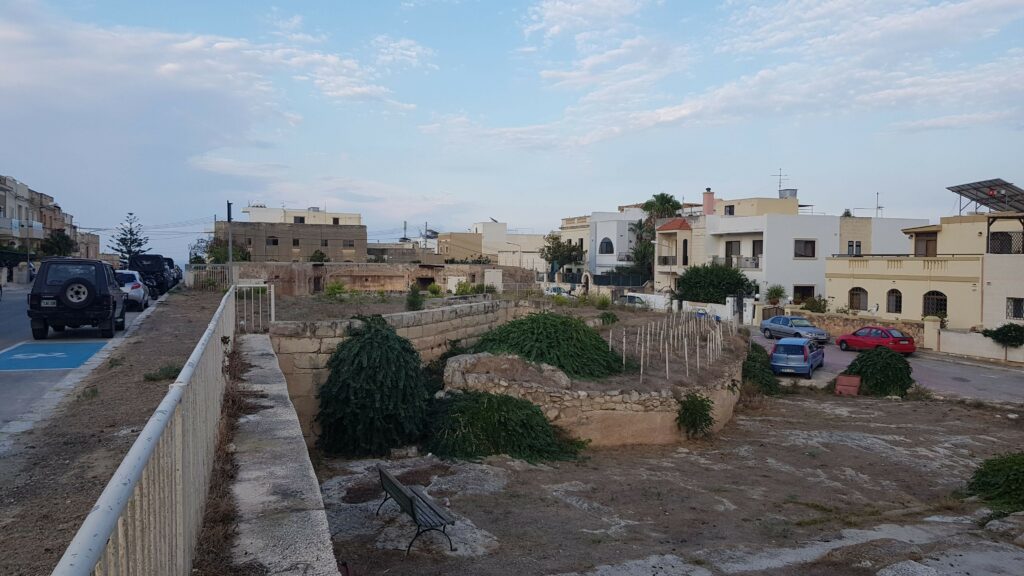
This is another place to take into consideration if you’re looking to live in Malta as an expat. West of St. Julian’s, lying inland is a little town of Swieqi, which is a quiet residential area just 15 minutes by bus from Sliema and within walking distance of Paceville and St. Julian’s
Due to this city location, and peaceful character, we can tell you that the area is very popular with the local upper-middle class. Not only is that, but this city has all the necessary amenities and facilities to make life there comfortable and convenient. In fact, there are numerous paths for hiking available along the coast.
Madliena
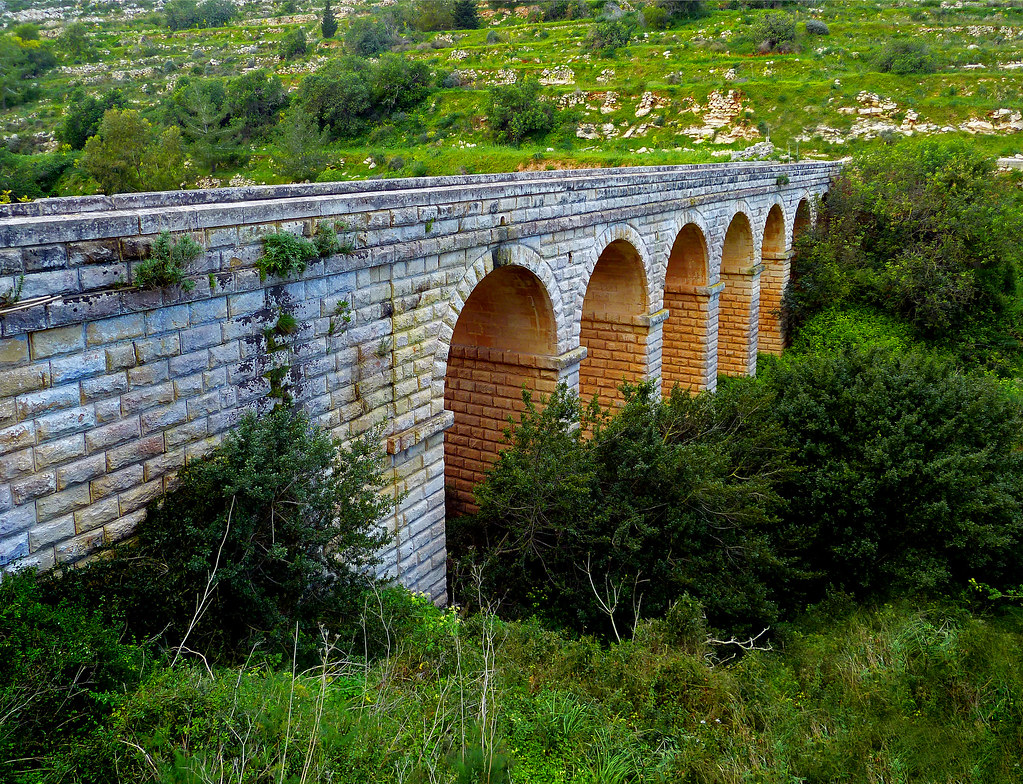
Of course, a little west and inland is the lovely little town of Madliena, which is situated at a high elevation and has fabulous views of the northern bays. Being in close proximity to both St. Paul’s Bay and St. Julian’s, we can tell you that this city resident can take advantage of the beaches in those regions.
Besides, Madliena is mainly a villa residential area where you will find detached villas. That being said, the villas are quite an expensive type of property on the island due to the natural lack of land. Meanwhile, there are also luxury apartment developments, as well as maisonettes, available in the area.
Ta Xbiex
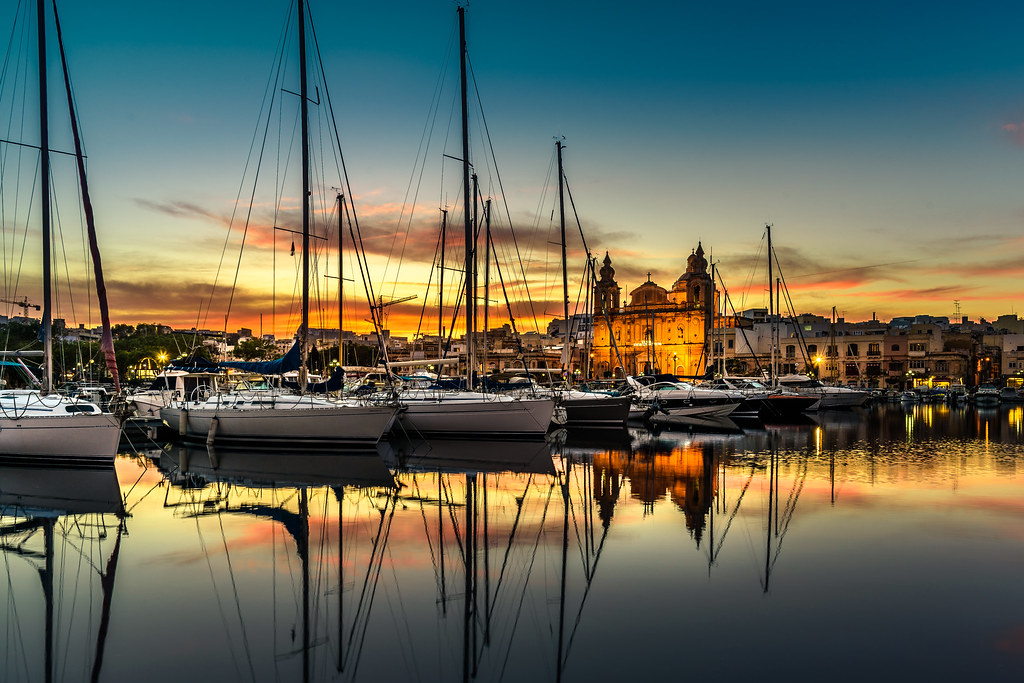
Ta Xbiex is known as a small town in the eastern part of Malta that overlooks a beautiful Marsamxetto harbor. Additionally, Ta Xbiex is mostly known for its stunning marina and a number of foreign embassies, including those of Egypt, Italy, France, and the British High Commission.
Marsaxlokk
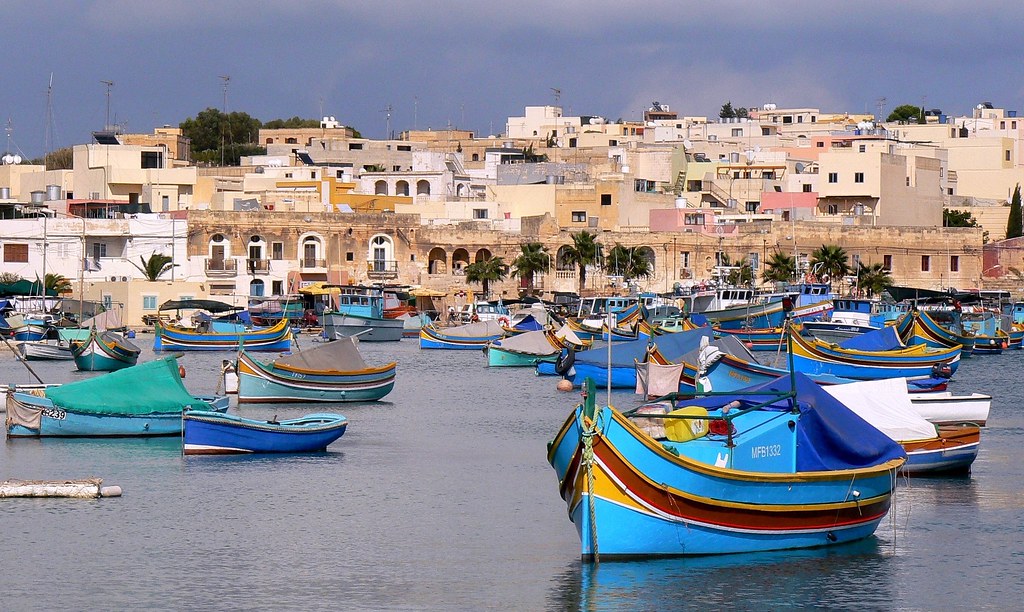
Do you love seafood, and would you love to enjoy a wonderful moment in Malta? If that sounds like a yes, this is the right place. Marsaxlokk is famous for its big Sunday fish market and its many decorative-eyed painted boats known as Luzzus.
Conclusion
If you’re planning to relocate to any country in Europe, Malta should be your top priority. Beyond that, the Malta Permanent Residence Programme allows you to become a Maltese resident without disturbance from a third party. Would you love to know more about this program? Refer to this guide.


